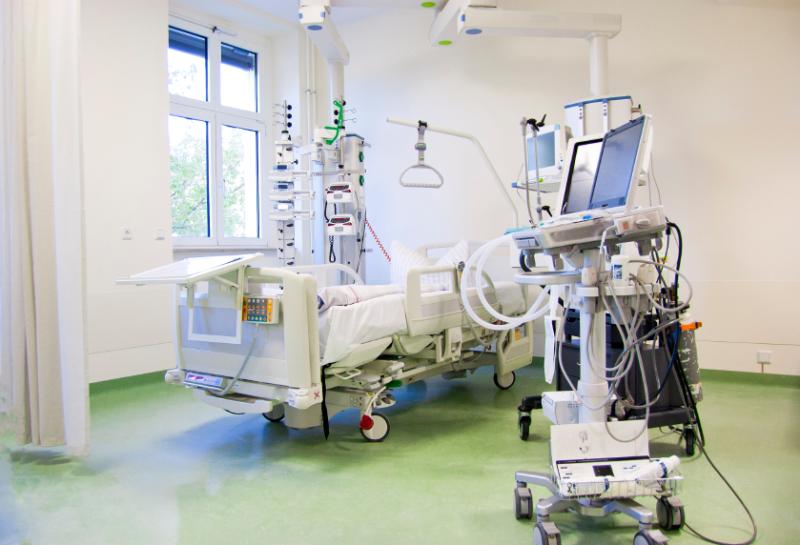
Children admitted to paediatric intensive care unit (PICU) due to necrotizing pneumonia (NP) are mostly around 3 years of age, with pneumococcus being the main causative agent, reports a study. In addition, the evolution towards NP appears to be faster compared to other aetiologies.
“Surgery management was unusual,” the investigators said. “All children required prolonged admissions but had a full clinical recovery.”
This retrospective-prospective observational study included children with NP admitted to PICU from 1 January 2010 to 31 December 2018. The investigators collected data on disease epidemiology, PICU management, respiratory assistance, and disease evolution.
Of the 51 children (median age, 3.2 years) included in the analysis, 42 had received 7-valent or 13-valent pneumococcal vaccine, and 15 had signs of sepsis at admission. Pleural effusion occurred in 49 patients, with drainage in 46.
High-glow oxygen nasal cannula was the most common respiratory support modality (17/51), and computed tomography was the gold standard for diagnosis.
Thirty-four of 51 patients had aetiologic diagnosis, of whom 29 had pneumococcus isolated. In these patients, initial detection was done by capsular antigen in pleural fluid. Children with pneumococcal NP had fewer days of evolution prior to PICU admission (p=0.041).
Forty-nine patients received cefotaxime with clindamycin, and three patients required surgery. Only five children were readmitted after PICU discharge. Deaths were recorded, but the number was not disclosed in the study.